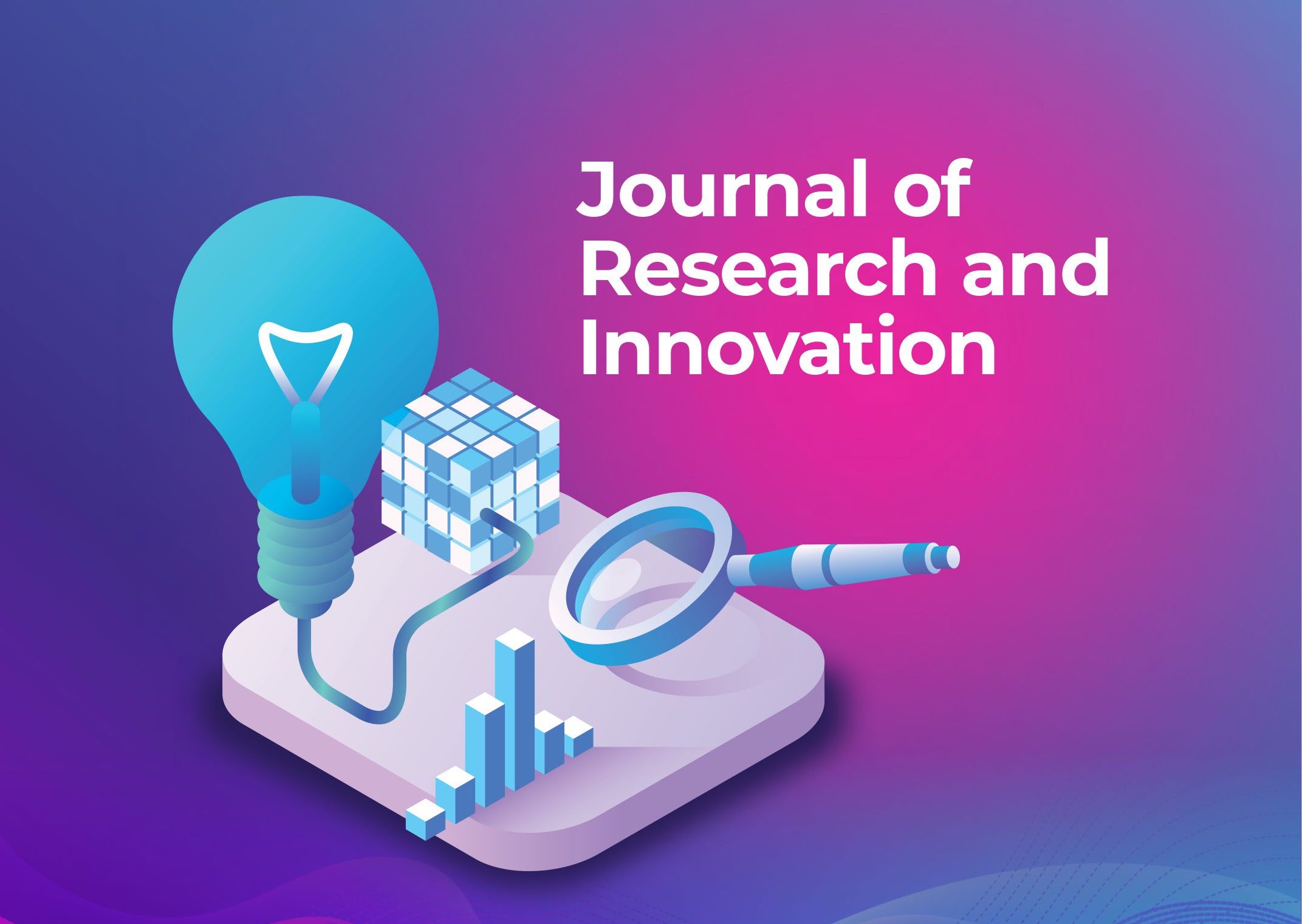Tax collection efficiency and tax revenue generation in Nigeria
(1) Caleb University
(2) Caleb University
(3) Caleb University
(*) Corresponding Author
DOI: https://doi.org/10.59562/jorein.v1i2.50922
Abstract
Full Text:
PDFReferences
Ahmed, A. B., & Bello, M. (2015). Regulatory Failures and the collapse of the capital market in Nigeria: Aligning responsibilities with accountability. Journal of Law, Policy and Globalization, XXXX, 167-184.
Audu, I. S., & Ishola, K. (2021). Digital economy and tax administration in Nigeria. Global Scientific Journals, 9(9), 1251-1262.
Audu, S. I. (2020). Pattern of spending and the level of tax revenue in Nigeria. International Journal of Research and Innovation in Social Science, 4(9), 561-567.
Audu, S. I., & Ajibade, A. (2021). Value added tax allocation and human development among states in Nigeria. International Journal of Innovative Research in Accounting and Sustainability, 6(4), 48-57.
Babatope, B. B., & Audu, S. I. (2020). Accountability and economic growth in Nigeria Pre COVID-19. African Journal of Sustainable Development, 10(3), 61-75.
Brautigam, D. (2002). Building leviathan: revenue, state capacity and governance. Institute of Development Studies, 33.
Brun, J. F., Chambas, G., Tapsoba, J., & Wandaogo, A. A. (n.d.). Are ICT's boosting a tax revenues? Evidence from developing countries. Etudes et Documents, n09, CERDI.
Campbell, H. F., & Brown, R. (2003). Incorporating risk in benefit-cost analysis. Cambridge: Cambridge University Press.
Chatama, Y. J. (2013). The impact of ICT on taxation: the case of large taxpayer department of Tanzania Revenue Authority. Developing Country Studies, 3(2), 91-100.
Clawson, M., & Knetsch, J. L. (1966). Economics of outdoor recreation. Baltimore: John Hopkins Press.
Huang, S. H., Yu, M. M., Hwang, M. S., Wei, Y. S., & Chen, M. H. (2017). Efficiency of tax collection and tax management in Taiwan's local tax offices. Pacific Economic Review, 1-29. doi:10.1111/1468-0106.12235
Kwaji, S. F., & Dabari, I. J. (2017). Empirical analysis of tax revenue collection by the Federal Government in Nigeria. European Journal of Accounting, Auditing and Finance Research, 5(2), 1-11.
Mallick, H. (2021). Do governance quality and ICT infrastructure influence the tax revenue mobilization? An empirical analysis for India. Economic Change and Restructuring, 54, 371-415. doi:10.1007/s10644-020-09282-9
Nurmi, V., & Ahtiainen, H. (2018). Distributional weights in environmental valuation and cost-benefit analysis: Theory and practice. Ecological Economics, 150, 217-228.
Omolehinwa, O. E., & Naiyeju, J. K. (2015). Government Accounting in Nigeria: An IPSAS Approach. Lagos: Punmark Nigeria Limited.
Persky, J. (2001). Retrospctives:cost-benefit analysis and the classical creed. Journal of Econommic Perspectives, 15(4), 199-208. doi:10.1257/jep.15.4.199
Shahroodi, S. M. (2010). Investigation of the effective factors in the efficiency of tax system. Journal of Accounting and Taxation, 2(3), 42-45.
Taghavinezhadian, S. H. (1990). Investigation of effects of organizational structure on the efficiency of the direct taxes organization. Unpublished Master's Thesis, Tehran University.
Toma, E. F., & Toma, M. (1992). Tax collection with agency costs: Private contracting or government bureaucrats? Economica, 59, 107-120.
Wiener, J. B. (2013). The diffusion of regulatory oversight. In M. A. Livermore, & R. L. Revesz, The globalization of cost-benefit analysis in environmental policy. New York: Oxford University Press.
Article Metrics
Abstract view : 97 times | PDF view : 11 timesRefbacks
- There are currently no refbacks.
Published by:
Center of Research and Innovation Strengthen LP2M UNM
 Email: [email protected]
Email: [email protected]
Indexed by:
Address: LP2M Universitas Negeri Makassar Office, Menara Building 10th Floor, UNM Gunung Sari Campus, Pettarani Street, Makassar, South Sulawesi, Indonesia
TJournal of Reserach and Innovation (Jorein) is licensed under a Creative Commons Attribution-NonCommercial 4.0 International License




